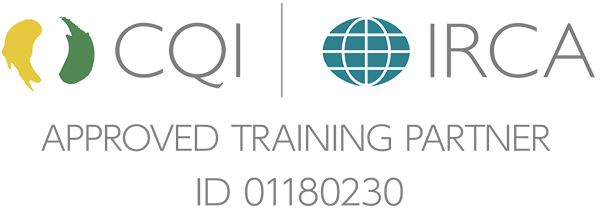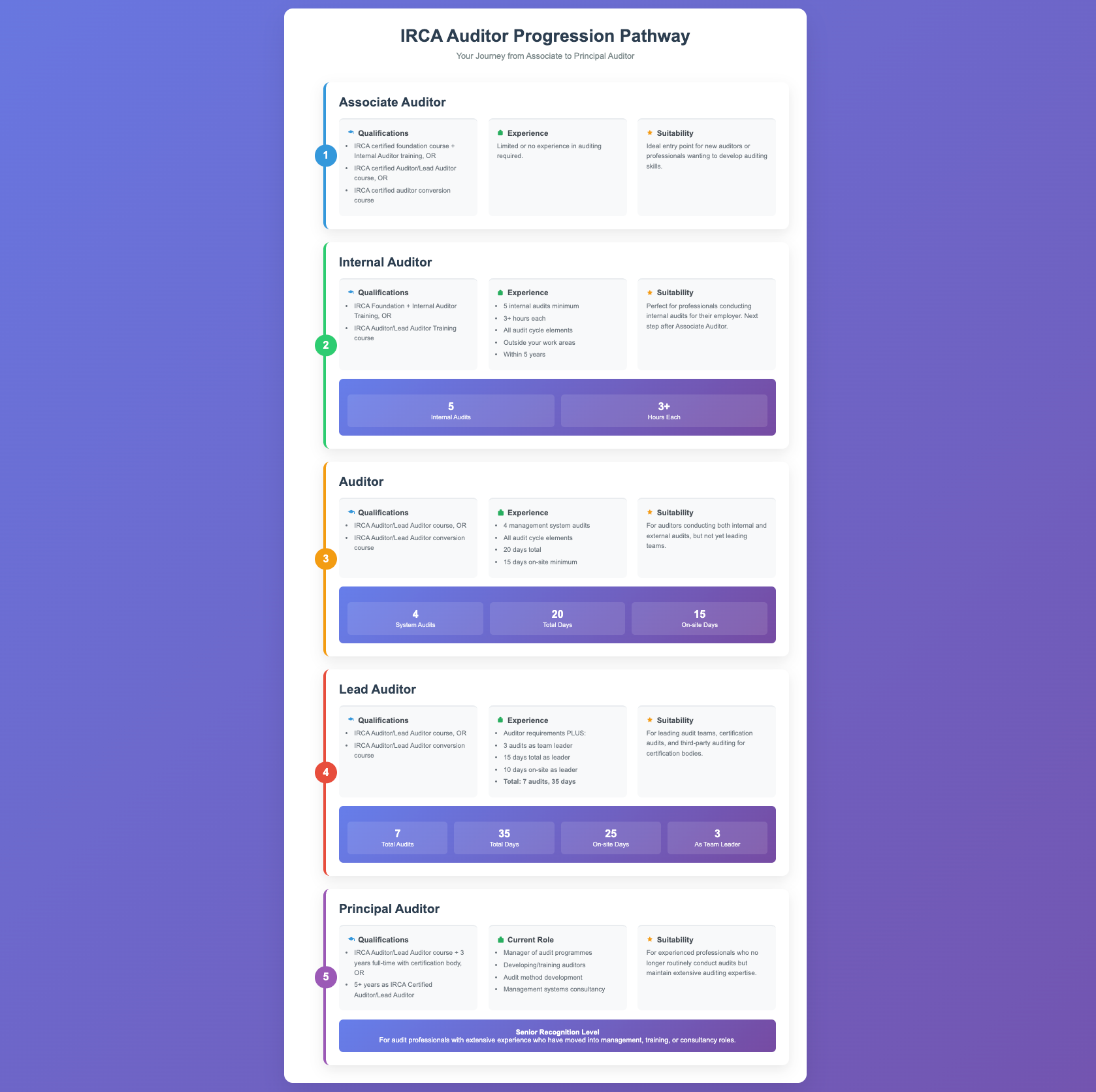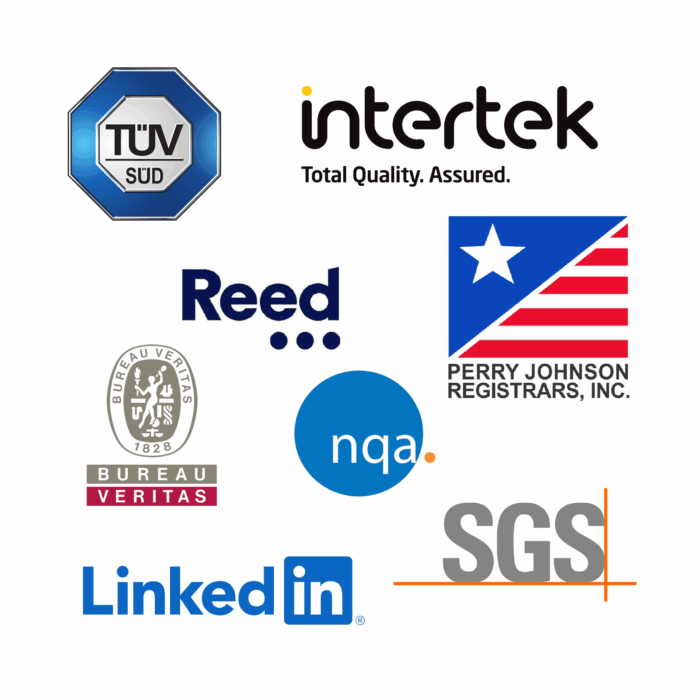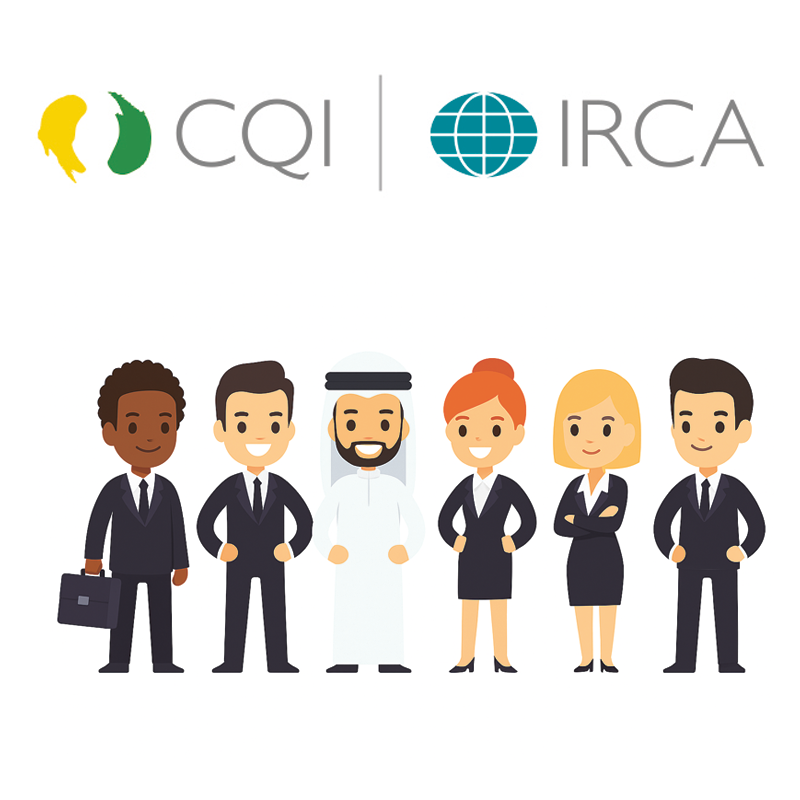Congratulations once again on successfully completing your CQI and IRCA Certified Lead Auditor course with SEQM Training.
This is a significant achievement and an important first step in your auditing career journey.
Many of our delegates naturally ask, “What’s next?”, particularly those looking to become third-party auditors with Certification Bodies (CBs).
This page will help you explore potential career pathways and take confident next steps.




